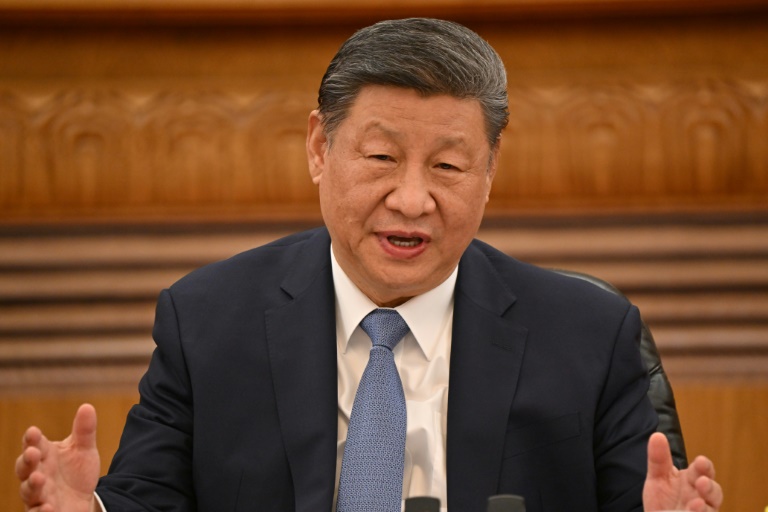[LONDON] UK officials are rushing to secure the raw materials needed to keep Britain’s last primary steel manufacturer running, with other businesses offering to provide help.
The government said on Monday (Apr 14) that dozens of companies, including Tata and Rainham Steel, have offered raw materials and managerial support to help keep the British Steel plant in Scunthorpe going.
Ministers see protecting the plant as important to the country’s economic security as it draws up a new industrial strategy set to be unveiled this summer. Allowing the plant to close would mean Britain is the only Group of Seven country unable to produce virgin steel.
Officials are trying to obtain materials such as coking coal to keep the blast furnaces running to stop them from cooling and causing damage to the machinery. They are working with British Steel’s management to make sure suppliers and workers are paid. The Financial Times reported on Sunday, citing anonymous sources, that a shipment of coal is docked in the port of Immingham that has been ordered but not paid for by its Chinese owner, Jingye Group.
Parliament passed an emergency bill Saturday to take control of the steelmaker after talks with Jingye broke down.
On Sunday, Business Secretary Jonathan Reynolds refused to confirm whether the government can get enough raw materials to keep the furnaces running. Conservative Shadow Business Secretary Andrew Griffith said the government has “acted too late”.
BT in your inbox
Start and end each day with the latest news stories and analyses delivered straight to your inbox.
British Steel’s Scunthorpe plant in northern England is the last in the country able to produce virgin steel, which is vital for the construction of buildings and rail tracks.
Reynolds said that while the government would prefer to find a private sector partner for the business, a full nationalization of British Steel is still “the likely option”. He said that British Steel had made a £233 million (S$402 million) loss in its latest accounts.
Reynolds said that while the government would prefer to find a private sector partner for the business, a full nationalisation of British Steel is still “the likely option”. He said that British Steel had made a £233 million (S$402 million) loss in its latest accounts.
Reynolds said the government will take a more sceptical approach to future Chinese investment in sensitive areas of the economy, adding, “I wouldn’t personally bring a Chinese company into our steel sector.”
“Steel is vital for our national security and our ambitious plans for the housing, infrastructure and manufacturing sectors in the UK,” Reynolds said on Monday. “We will set out a long-term plan to co-invest with the private sector to ensure steel in the UK has a bright and sustainable future.” BLOOMBERG







